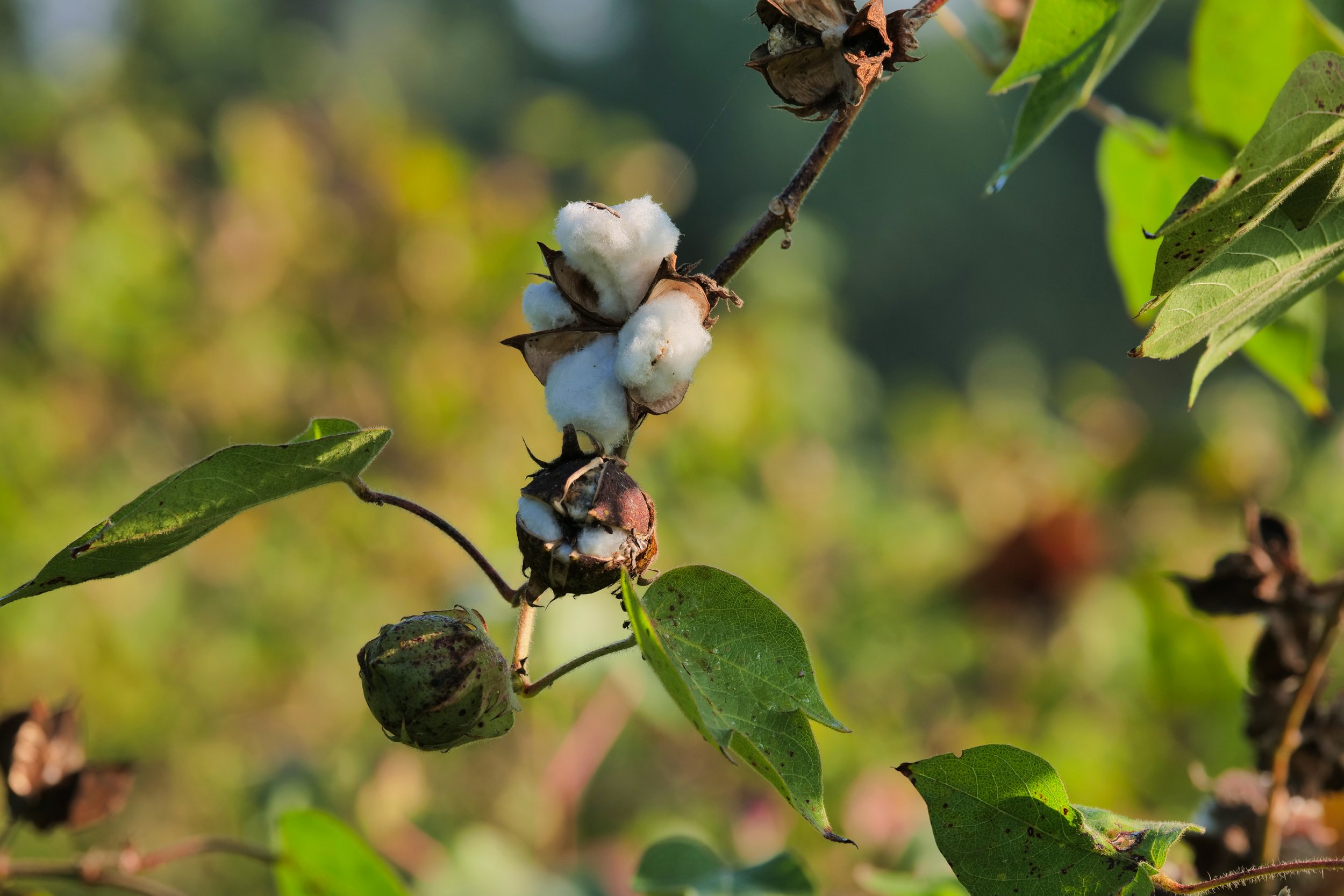We know why traceability is good for brands. But what’s in it for the farmers?
Around 3 billion people live in rural communities in the developing world. Two-thirds of these people are part of smallholder farmer communities, working on small pockets of land of two hectares or less.
And many of these smallholders face huge economic challenges and have limited access to markets, according to UN Food and Agriculture Organisation analysis.
The vulnerability of the world’s farmers is bad news for all of us. But, most immediately, it is a significant challenge for brands and retailers that are so dependent on sourcing a steady supply of raw materials and ingredients from them.
This is why so many corporates have worked hard to develop sustainable supply chain programmes, setting targets and developing metrics to reduce risk and tackle environmental and social problems within supplier companies.
But quite often there is a mismatch between an ambitious, top-down corporate strategy and the reality of what is happening in the fields and factories along the supply chain.
Very few companies understand the baseline of activity and performance of farmer groups and small-scale producers, let alone whether the targets they have set can be realistically met within a set timeframe.
Our work with cotton farmers, in Pakistan, Bangladesh and India, China helps brands to simplify their supply chains, by creating more visibility and transparency of what is happening at every stage of the growing and production process. It makes relationships between brands, farmers and other supply chain stakeholders much stronger.
Central to our work with farmers is TraceBale, a bespoke, bottom-up proprietary traceability software tool. It is an application that can be fed with data from farmers, ginners, spinners, and other processors in the chain – such as farmers’ demographic and agronomic data (e.g. – how much water or fertiliser has been used), inputs and procurement information and other transactions in the supply chain.
This gives visibility on the difficult to track the last mile to the farmer transactions, helping to verify farm production against ginner procurement.
Once the data has been captured it can be accessed with a web interface. This gives brands a clear and consistent, near-real-time overview of all stages of their supply chain – from the farmer’s field to the finished garment – capturing every transaction flow along the way. Our on-the-ground programmes and supply chain support also ensure that the data being collected is verifiable.
The benefits to brands of such a traceable supply chain are well documented. Retailers can even use QR codes on products so that consumers can map their cotton garments back to source.
But there are also plenty of benefits to farmers of being part of a transparent supply base.
First and foremost, it is about business continuity. By having their cotton traced up to a garment level, farmers can be confident that there is a market for their material, with brands willing to buy their cotton at a stable price, year after year.
Knowing where their cotton ends up also gives them an enormous sense of pride; they are producing a quality raw material and they are an important part of the entire production process for amazing brands such as Primark.
Crucially, the TraceBale system highlights specific farmer challenges. Unless brands are aware of what these might be, it is harder for them to intervene. Traceability is a first step to addressing issues such as women’s empowerment and agricultural productivity, for example.
Through our work with the Californian brand Volcom, we have been able to help them trace 27 metric tons of certified organic cotton back to eight villages in the Madhya Pradesh region of India. This traceability activity has led to 150 farmers receiving year-long organic training, an educational programme focused on women’s rights and life skills for 50 women farmers, and the establishment of a farmer business school training programme for 100 farmers.
TraceBale has proved to be a powerful tool, aiding complete transparency in what is a very complex industry. To scale up traceability, we need to ‘Uber- ise’ the cotton sector, using technology platforms to help connect the farmers growing sustainable cotton with the brands that want to buy it.
This series continues next by hearing from the hospitality business Whitbread, a brand that has always been keen on improving their supply chain transparency.































